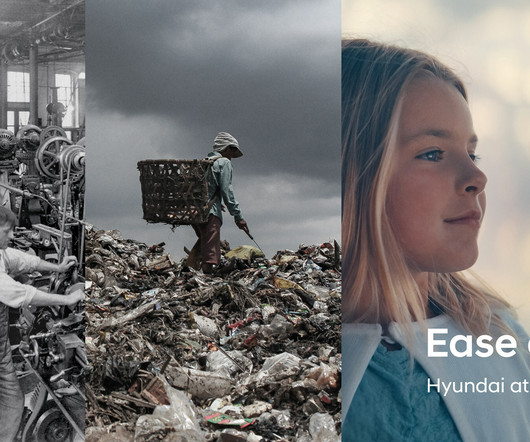Hyundai is going all in on hydrogen, and relying on food waste to make that happen
Baua Electric
JANUARY 9, 2024
But now it says it will rely heavily on hydrogen fuel cells generated from plastic, food, and organic waste to power a whole new generation of EVs, from passenger cars to heavy-duty trucks. The South Korean automaker is among a small group of companies embracing hydrogen fuel cell technology, with GM, Toyota, and Honda among them.





























Let's personalize your content